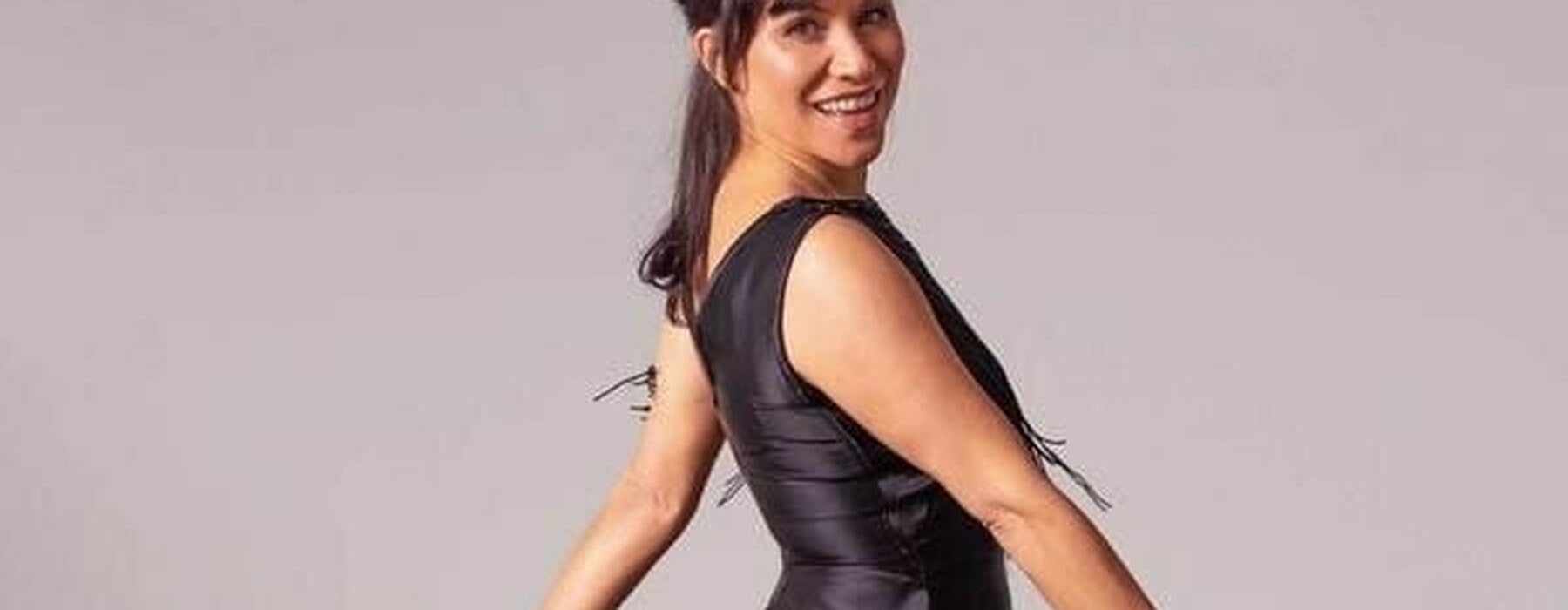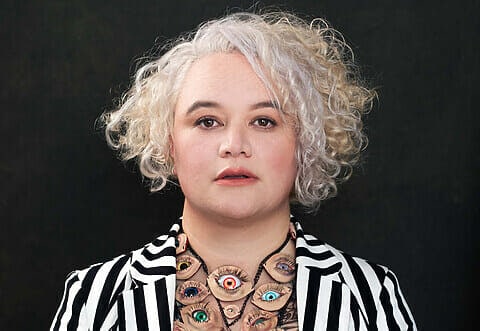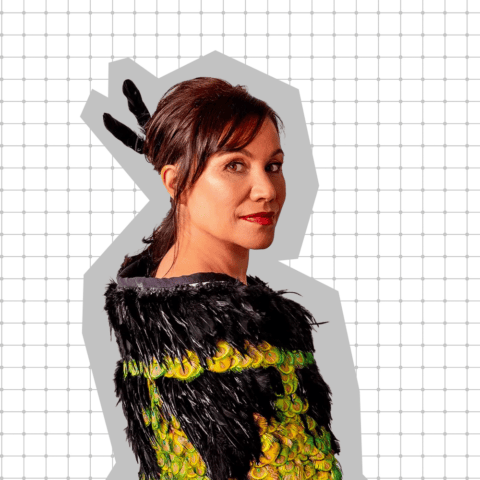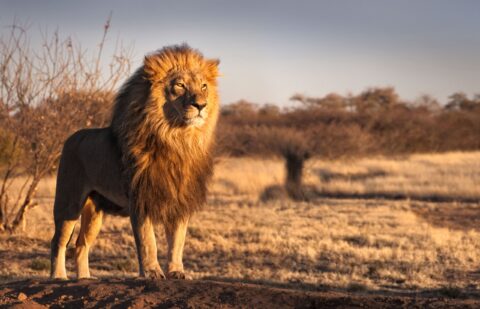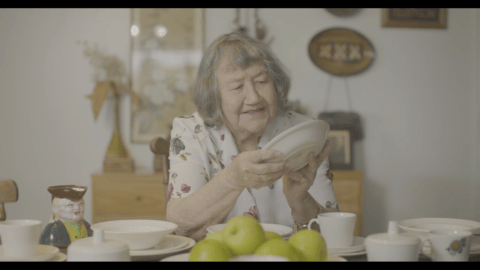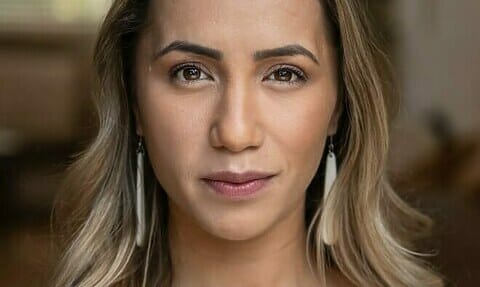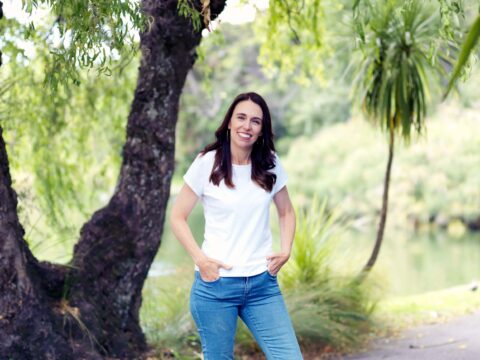Family relationships can be tricky – and so can describing them in te reo Māori.
Have you ever seen the word “ia” listed as a preferred pronoun? That’s the Māori word for her/him, with no gender attached, so some people like to use it for the pronoun “they” as well.
Although I found this word easy to learn in Māori, I soon realised that translating the concept back into English was harder for my children, whose first language is Māori. As preschoolers they knew they could say “ia” for all genders, but English required different pronouns. Sentences like “She’s my uncle” and “He’s a big girl” popped out because they had to assign “she” or “he” where Māori just used “ia”.
They figured it out though, and to be fair, Māori names for members of your whānau can be a bit tricky when you’re first learning as well. You may have heard the term “tuakana”, which means an older sibling of the same gender. I’m a tuakana to my four younger sisters, who are my teina.
That sounds simple enough, but it’s important to remember that some of these terms are for siblings of the same gender only. So when my husband is talking about his older brother, he will call him his tuakana, and his older brother calls him his teina.
As a woman, when I talk about my brother, I call him my tungāne – a brother of a woman. As his sister I’m his tuahine – a sister of a man. I know, that got tricky quickly! But it’s handy to know, as my male friends who speak Māori will say to me “Kia ora, e te tuahine/Hi, sister!” and I’ll reply, “Tēnā koe, e te tungāne/Hello, brother” just like we might call each other “bro” or “sis” in casual English, as a term of endearment.
Some quick-win terms that you probably already know are: māmā/whaea for mother, pāpā or matua for father, tamariki for children and mokopuna for grandchildren. You may have heard teachers being called “Matua John” or “Whaea Mere” by the tamariki, which is a respectful way of referring to teachers and people of the next generation, similar to saying Mr or Mrs.
As well as kaumātua for elderly people of any gender, you’ve possibly heard of kuia for grandmother and koroua for grandfather, and the shorter version, koro, is common too. My dad is “Koro-Pops” to my kids, just to cover all angles! There are also lovely iei differences such as kōkā (mother/auntie), which tends to be heard from people who come from the East Coast, or hākui (mother/auntie) and hākora (father/uncle), as we say in the South Island.
Tuakana-teina is a term you may hear in schools these days too, and refers to older kids mentoring younger ones, but also recognises that the younger teina offer learnings for their tuakana as well, and reciprocation is an important part of the relationship. As I described earlier, tuakana and teina technically refers to siblings of the same gender, but schools and even workplaces sometimes use this term to refer to older and younger people of any gender (or the more experienced person is tuakana, and the less experienced person is teina). Before I lose you altogether, can I just add that tuākana with a macron over the ā is the plural, so tuākana refers to a few older siblings.
An easier whānau term to remember is mātāmua, which refers to the eldest child in a family, no matter what gender they are. I’m the mātāmua of my whānau, and I’m a typical firstborn, I think! Whereas my husband is the pōtiki – the youngest child – but as a mātāmua, I think I better not suggest any typical traits for pōtiki!

